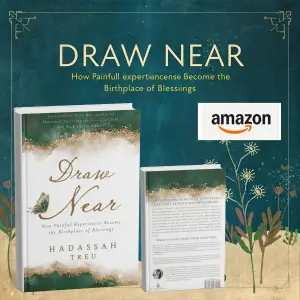I recently finished reading Start with No, and I must say, it has fundamentally shifted how I perceive negotiation. Being an avid reader and someone who often finds herself in scenarios requiring negotiation—whether it’s over a purchase or a simple family decision—I was intrigued by the counterintuitive approach the book promised. The idea of questioning the "win-win" mantra that has dominated negotiation practices for years beckoned me to dive in.
Right from the start, the book introduces a refreshing perspective: top negotiators are more interested in "no" than "yes". This notion was quite revolutionary for me. The emphasis on understanding and controlling emotions rather than being swept away by the desire to clinch a deal is something I found particularly useful. The author stresses that negotiating effectively means focusing on what you can control—your behavior and actions—instead of the outcome, which is often unpredictable. This lesson resonated deeply throughout my reading experience.
One of the key positives I appreciated was the practical advice provided in the book. For instance, the notion of creating a "blank slate" to eliminate assumptions and really listen during negotiations was a game changer for me. It’s easy to rush into conversations with preconceived notions, but this approach encouraged me to take a step back and engage more thoughtfully. I completely agree with other readers who shared how this method has enhanced their negotiation skills in both personal and professional contexts.
Another highlight was the numerous real-world stories and examples illustrating each principle. These anecdotes made the lessons tangible and relatable, allowing me to envision how I could implement them in my life. The narrative style kept me engaged while also making the content digestible.
However, it wasn’t all smooth sailing. One drawback I encountered, a point echoed in some reviews, is that the book can feel repetitive at times. The overarching principles are important, but they are reiterated to the point where I sometimes found myself wanting more diversity in examples or scenarios. Additionally, while the system is groundbreaking, it may seem somewhat daunting to those who are used to the traditional "win-win" negotiation style. There’s a learning curve involved in adopting this contrarian approach, which might deter beginners.
Despite these minor drawbacks, Start with No ultimately exceeded my expectations. The official description highlights that it provides a decision-based negotiation system, and I wholeheartedly agree. The techniques detailed, from understanding various "budgets"—time, energy, money, and emotion—to knowing when to let the other party take the lead, have equipped me with practical tools I look forward to using in future negotiations.
To conclude, I’d highly recommend Start with No to anyone looking to enhance their negotiation skills, whether for work or personal situations. The insights are invaluable, and the approach is both refreshing and realistic. If you’re willing to challenge the conventional wisdom of negotiation, this book is a must-read. It has certainly changed my approach, and I’m excited to put these principles into practice. Without a doubt, this book earns a solid 4.5 stars from me!








